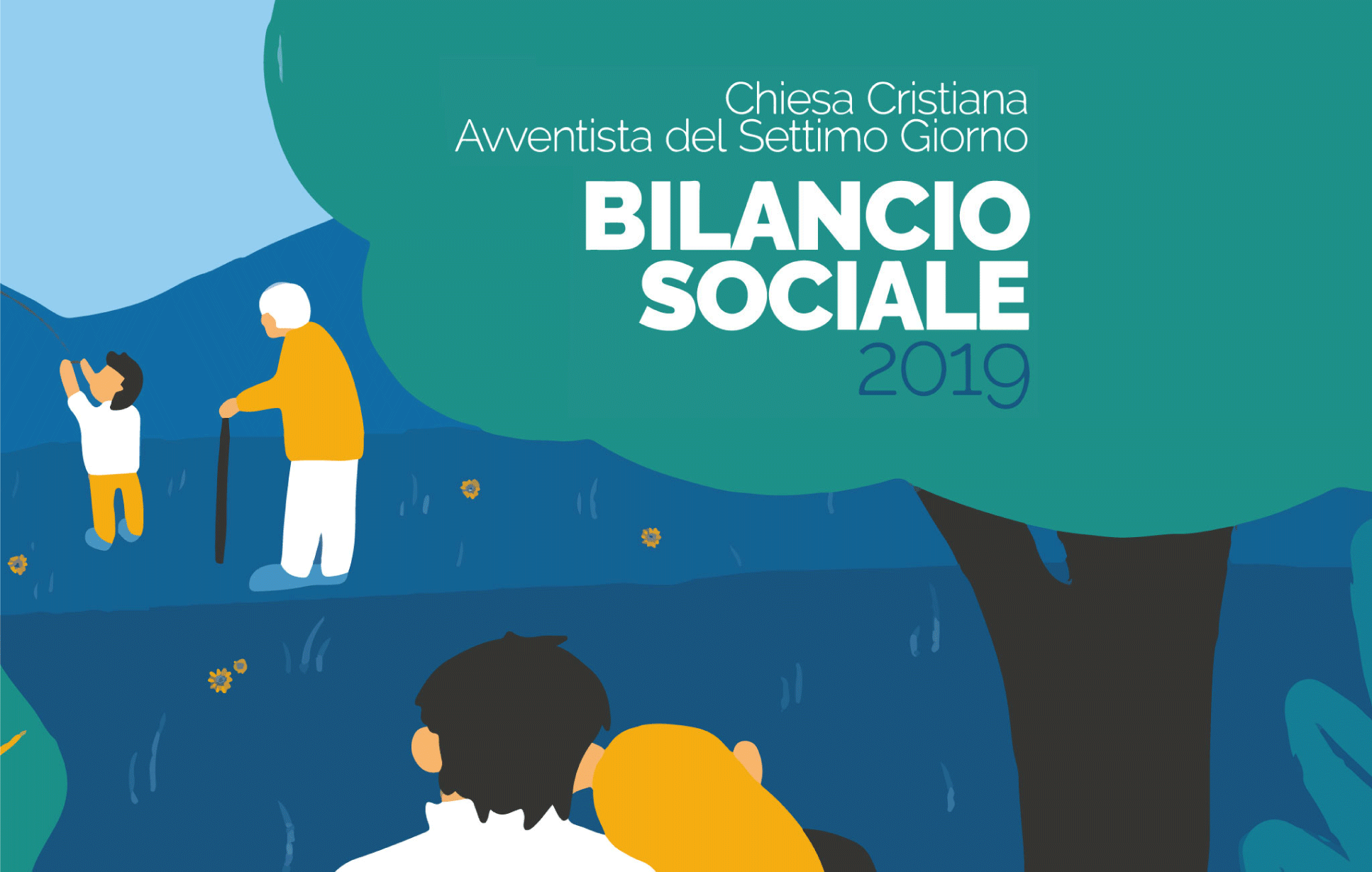The new Social Report 2019 of the
Seventh-day Adventist Christian Church.
. A paper to delve into how the funds she receives from the8×1000 allocated to her are used.
The seventh edition of the Adventist Christian Church’s social report sets the focus for the 2019 survey year on the pandemic issue we as a world population are experiencing. In the introduction, the past. Stephen Paris, president of the Italian Union of Seventh-day Adventist Christian Churches of the document, says that: “Despite the upheaval imposed by the pandemic, we did not want to give up our duty to be transparent and to report about the activities we have carried out in 2019, in a decidedly different world. During this time we have reacquainted ourselves with the true meaning of the goodness of helping each other, of reaching out to those in need, and this has led us to live more closely and fraternally despite the distancing. In fact, the real distancing between us human beings,” Stephen Paris continued, “was caused by a virus far more insidious than Covid-19, a virus that brought division, suffering and death. Today that we are more aware of our fragility we should as peoples stop thinking about our own interests and accumulating wealth at the expense of the earth and other human beings.”
Within the Social Report you can also read about the activities of the Adventum Foundation, which has been working to make a contribution to the prevention of usury since 1996. Through funds from the Ministry of Economy and Finance (MEF) thanks to Art. 15 of Law 108/96 (usury law), the Foundation provides guarantees so that over-indebted people can once again access legal credit and obtain a loan with which to consolidate past debts and define a more sustainable installment over time (check here for criteria to benefit from our support).
A total of 200 people approached the Foundation in 2019 and were offered guidance in assessing debt status and revenue management, assistance in accessing ministerial funds, and counseling on settlement transactions with various creditors.
Through the guarantees lent, it was possible to restructure household debts and obtain a smaller and more sustainable single installment over time. In addition, through different debt planning and identification of priority creditors, it was possible to protect the family income of 32 people.
Another important finding, which emerged from the interviews we had, is that most users are exposed to usury risk due to multiple monthly installments on loans that are no longer honorable.
Among over-indebted individuals, we heard testimonies of the following recurring situations:
- Decrease in work
- Reduction in overtime hours
- Loss of employment
- Sickness status of a family member
- Death of a family member with income
- Separation (resulting in separation legal fees, housing costs for the moving spouse, maintenance allowance)
The Foundation’s activities are carried out by following the intake path codified according to regulations and protocols resolved by the Board of Directors and verified by the Founder’s Executive Committee. In addition, since for obvious reasons those acting on behalf of the Foundation come to know relevant and sensitive personal data, privacy procedures are carefully and rigorously managed so as to ensure discretion and security for those assisted.


